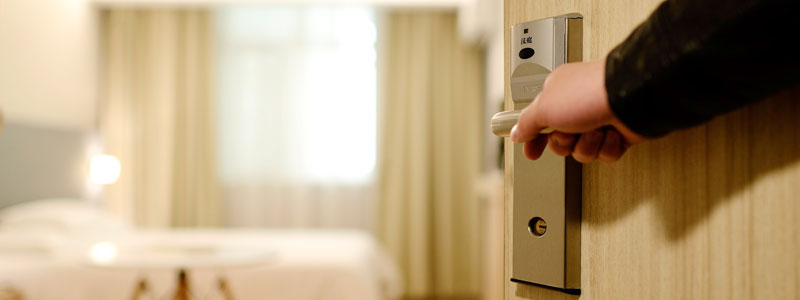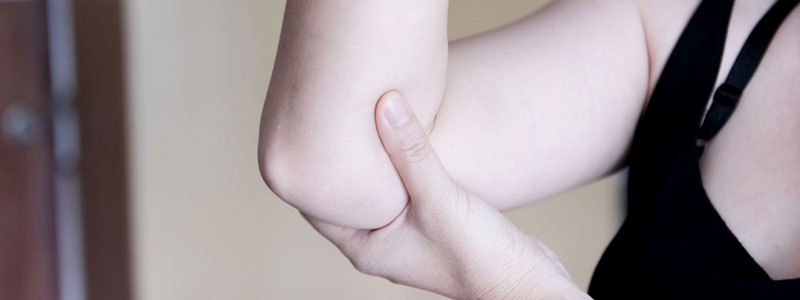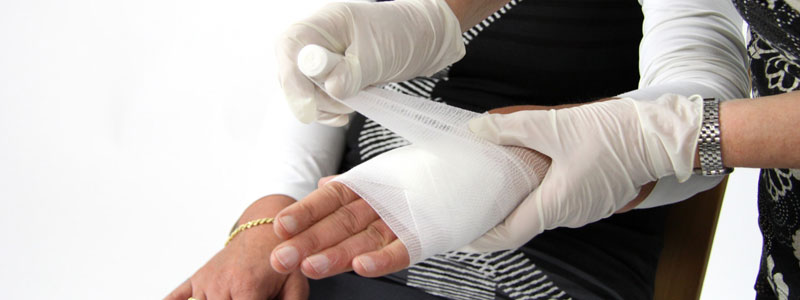Why Proving Negligence Is So Important in Your Slip and Fall Case
In January 2010, a woman was awarded nearly a quarter of a million dollars after a fall in a Denver hotel led to a thoracic vertebrae fracture. The woman claims that the fall occurred because the hotel bathtub lacked appropriate equipment such as an anti-slip surface, a bathmat, or a safety bar. The woman’s case […]

December 13, 2017

In January 2010, a woman was awarded nearly a quarter of a million dollars after a fall in a Denver hotel led to a thoracic vertebrae fracture. The woman claims that the fall occurred because the hotel bathtub lacked appropriate equipment such as an anti-slip surface, a bathmat, or a safety bar. The woman’s case successfully connected her injuries to the negligence of the hotel, enabling her to win.
If you find yourself the victim of a slip and fall accident, your lawyer will hopefully explain the importance of proving negligence. Your attorney has to find a way to prove that a duty was neglected, and that is why the injury occurred. In order to prove negligence in a case, there are four things that must be proven true:
1. Someone Owed a Duty

In every case of premises liability, someone owed something to someone else. In the case above, the hotel owed its customer a safe place to stay for a night or two. This would involve taking all measures to ensure accidents are less likely to occur. It is a hotel’s responsibility to cover all of the bases to create this environment. This might involve research, inspection, and spending the necessary amount of money to ensure that expectations are met and injuries such as this woman’s do not occur.
2. This Duty Was Breached

Obviously, if there was a duty, and there is now a premises liability case, the duty was breached. In the case above, the duty to provide a safe environment was breached by the lack of slip-proof materials in the restrooms. This is an extremely important aspect in the case if you want to declare negligence as the basis of your claim.
3. A Clear Injury Occurred

Typically, you won’t be able to win a case unless you were actually injured. Without a clear injury — one that caused either physical, financial, or emotional pain — you will be unlikely to receive any money for the incident alone. The reason the lady in the story above had a case was because she suffered a severe injury from the fall. This injury can be supported by medical evidence as a serious and unnecessary injury caused solely by negligence.
4. The Breach Directly Caused the Injury

The injury must have some relation to the negligence. Without this connection, the case simply does not play out. For example, if this lady injured her back the day before in a skiing accident rather than during the fall in the shower, she would have no case against the hotel, even if a fall in the shower did occur. The hotel owner could not be held responsible for an injury that occurred completely separate from his premises and duty. Without a clear link between the injury and the negligence, there will rarely be a case.
Now, if the woman was previously injured and still fell in the shower, and the shower made her injury more severe, she may have a case. But she would need an experienced attorney to be able to link her aggravated symptoms directly to her slip and fall accident instead of the previous injury.
Help from an Indiana Personal Injury Lawyer
Premises liability can be a tricky subject, and proving negligence in a case can be a dilemma of its own. However, if you are injured because someone who owed you a service did not deliver in a safe and efficient way, you could be entitled to compensation for your injuries. If you are a victim of negligence, let us help get you what you deserve for your pain. Call Hensley Legal Group today or contact us online for a free consultation.